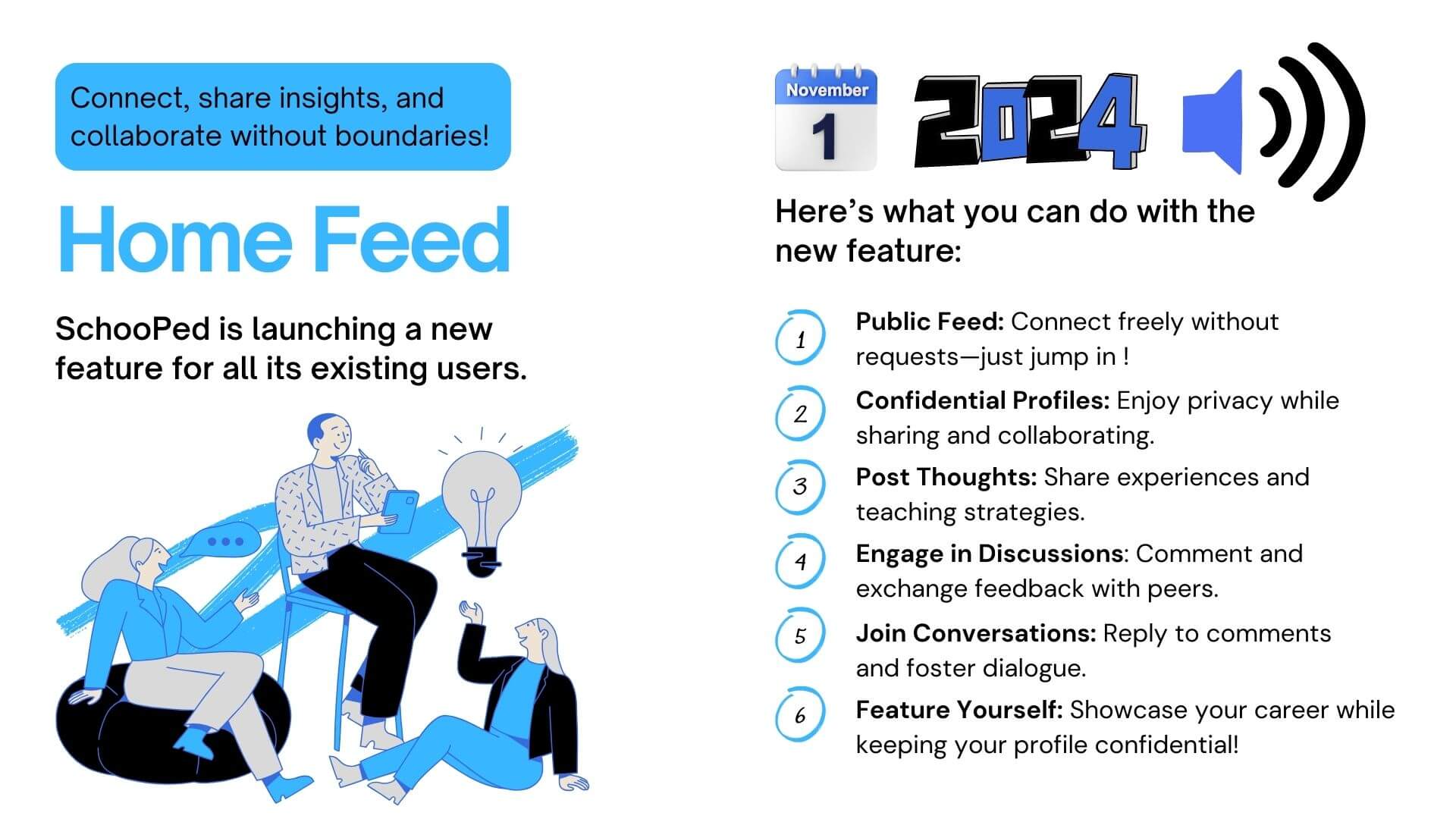Planning your first trip to Vietnam can be an exciting adventure! Here's a comprehensive guide to help you get started:
1. Visa Requirements:
- Check if you need a visa to enter Vietnam. Many nationalities require a visa in advance. You can apply for a visa online or through the Vietnamese embassy in your country.
2. Best Time to Visit:
- Vietnam has a tropical climate, with north and south experiencing different weather patterns. The best time to visit is during the dry season, which is from November to April. However, weather patterns can vary, so check the specific regions you plan to visit.
3. Destinations to Explore:
- Hanoi: Explore the capital city's rich history, visit the Old Quarter, Hoan Kiem Lake, and enjoy the street food.
- Halong Bay: Take a cruise through this UNESCO World Heritage Site, famous for its emerald waters and limestone islands.
- Hue: Discover the imperial history of Vietnam with its ancient citadel and royal tombs.
- Hoi An: Wander through the charming streets of this ancient town, famous for its lanterns, tailor shops, and delicious cuisine.
- Ho Chi Minh City (Saigon): Experience the hustle and bustle of this vibrant city, visit the Cu Chi Tunnels, and explore the local markets.
4. Transportation:
- Flights: Domestic flights are available between major cities and are a quick way to travel long distances.
- Trains: The Reunification Express connects Hanoi to Ho Chi Minh City, offering a scenic journey through the country.
- Buses: Buses are a budget-friendly option for traveling between cities and regions.
- Motorbikes: Renting a motorbike is a popular option for exploring cities and rural areas, but ensure you have the necessary experience and a valid license.
5. Accommodation:
- Vietnam offers a range of accommodation options, from budget hostels to luxury resorts. Consider staying in guesthouses or homestays for a more authentic experience.
6. Food:
- Vietnamese cuisine is renowned for its fresh ingredients and complex flavors. Don't miss out on dishes like pho (noodle soup), banh mi (Vietnamese sandwich), and fresh spring rolls. Be adventurous and try local street food but make sure it's from reputable vendors to avoid getting sick.
7. Cultural Etiquette:
- Respect: Vietnamese culture values respect, particularly towards elders. Learn a few basic Vietnamese phrases and customs to show respect.
- Dress Modestly: When visiting temples or rural areas, dress modestly and cover your shoulders and knees.
- Shoes Off: It's customary to remove your shoes before entering someone's home or certain establishments.
8. Health and Safety:
- Vaccinations: Check with your doctor for recommended vaccinations before traveling to Vietnam.
- Water: Stick to bottled or boiled water to avoid waterborne illnesses.
- Scams: Be wary of common scams targeting tourists, such as overcharging or fake tours. Always negotiate prices and be cautious with your belongings.
9. Currency and Payments:
- The official currency is the Vietnamese Dong (VND). Credit cards are widely accepted in major cities, but it's advisable to carry cash, especially in rural areas.
10. Language:
- While English is spoken in tourist areas, learning some basic Vietnamese phrases will enhance your experience and make interactions with locals more enjoyable.
11. Cultural Experiences:
- Participate in a cooking class to learn how to prepare traditional Vietnamese dishes.
- Visit local markets to experience the vibrant atmosphere and sample local delicacies.
- Take part in a traditional Vietnamese water puppet show for a unique cultural experience.
12. Packing Essentials:
- Lightweight clothing suitable for warm weather.
- Comfortable walking shoes.
- Sunscreen, hat, and sunglasses for sun protection.
- Insect repellent, especially in rural areas.
- Travel adapter for electrical outlets.
By following these tips, you'll be well-prepared to plan and enjoy your first trip to Vietnam!
Tags
- Vietnam
- Vietnam Travel Guide
- Teach in Vietnam
- Teaching Jobs in Vietnam
- Vietnam Tourism
- expat community Vietnam

 June 02, 2024 | Posted by Team SchooPed
June 02, 2024 | Posted by Team SchooPed_(1).png)